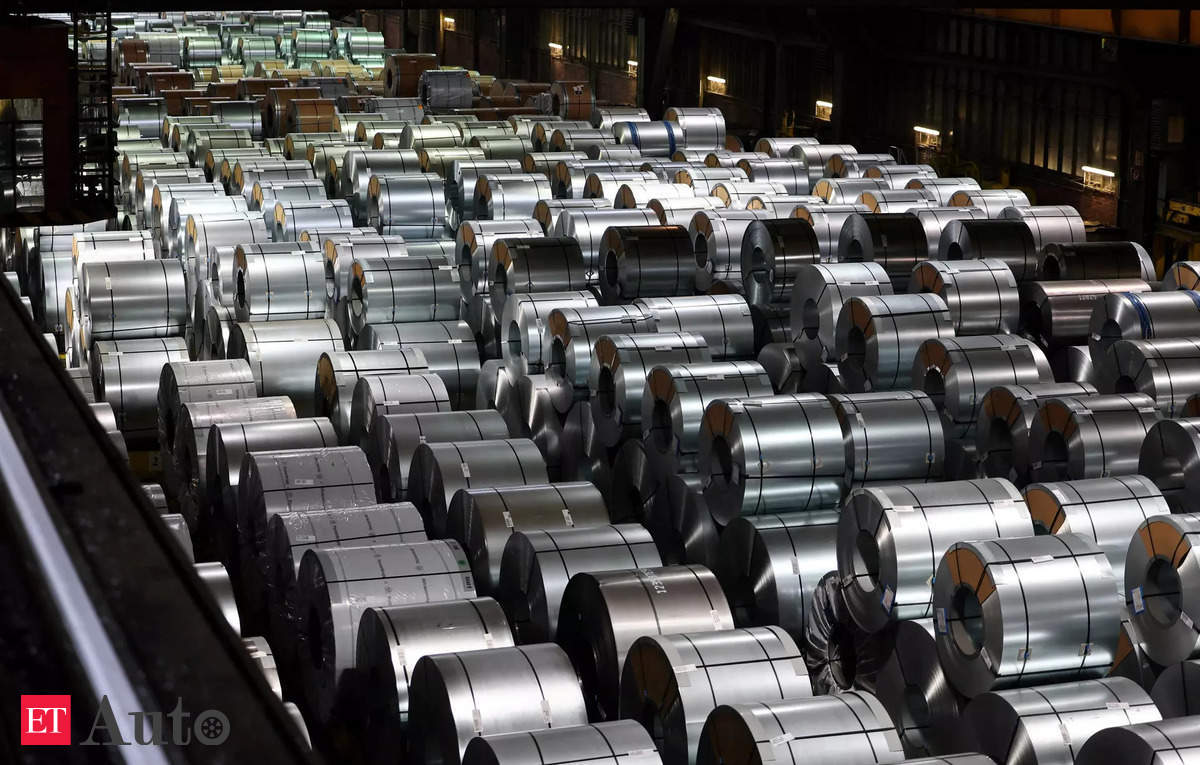European Collaboration for Hydrogen Transportation Network and Industrial Decarbonization
Key Ideas
- Italy, Germany, and Austria are collaborating to develop a hydrogen transportation network from the southern Mediterranean to northern Europe.
- Snam, Tenaris, and Tenova are trialling hydrogen fuel at a steel plant in Dalmine, Italy, to reduce emissions and decarbonize the steel industry.
- The trial aims to assess hydrogen's performance and reliability in a reheating furnace, highlighting its potential to cut emissions and promote sustainability.
- Hydrogen is praised for producing water vapor as its main by-product, making it less polluting than fossil fuels, with a focus on preventing additional pollution from leaks.
Italy, Germany, and Austria have signed a cooperation deal to establish a hydrogen transportation network spanning from the southern Mediterranean to northern Europe. As part of this initiative, Italian companies Snam, Tenaris, and Tenova are conducting a trial at a Tenaris steel plant in Dalmine, near Bergamo, Italy. The trial involves using hydrogen fuel in a reheating furnace for a period of six months to evaluate its performance and reliability in the steel industry. This effort aligns with Snam's broader strategy to assist industrial firms in decarbonizing their operations. Hydrogen is highlighted for its eco-friendly nature, producing water vapor and minimal nitrogen oxides when used as fuel, thus offering a cleaner alternative to traditional fossil fuels. The collaboration and trials in Italy signify a step towards leveraging hydrogen to address environmental concerns and promote sustainable practices within the industrial sector.
